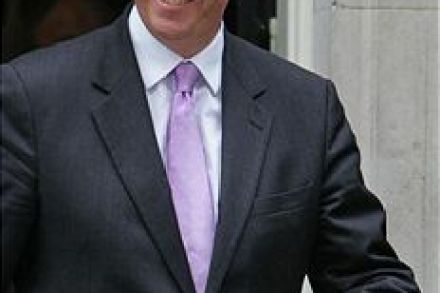Should you put Ocado on your shopping list? Remember what Adam Smith said
Martin Vander Weyer’s Any Other Business The flotation of a business that has carved a big slice of a fast-growth consumer market within less than a decade of its start-up ought to be a cause for celebration: an example of capitalism doing what it’s supposed to do in support of entrepreneurs; an affirmation that markets are back in business after their nervous breakdown two years ago. But the share offering for the online grocer Ocado, for which a price will be struck on 21 July, has provoked more of a City brawl than a champagne reception. Some fund managers are enraged by the indicative pricing, which values Ocado at up













